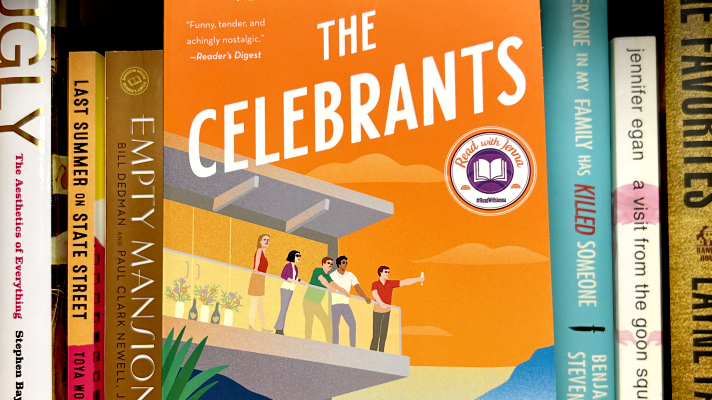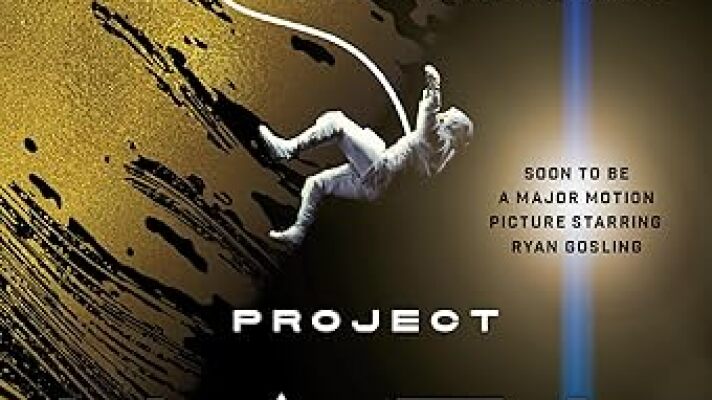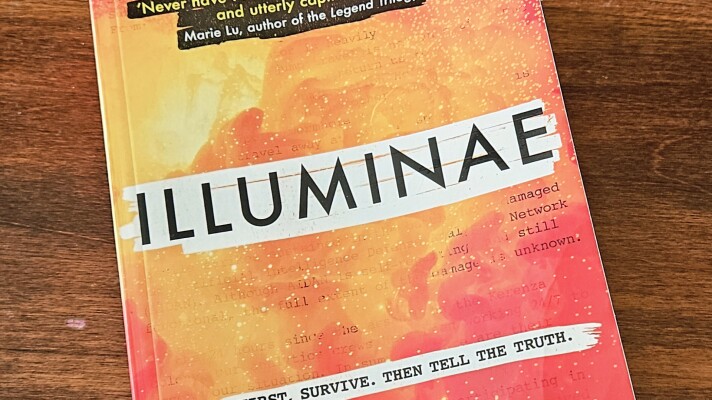While I’m sure I would have loved the book if I’d read it on paper, the audiobook has four narrators, one for each generation, and their voices greatly enriched the experience.
There’s Francisco Maghabol, who immigrates to California from the Philippines in the nineteen twenties to earn more money and have a better life. He becomes a labor activist after experiencing the viciousness of the white mob during the Watsonville riots in January of nineteen thirty. Francisco’s activism takes him away from his family for long stretches, and his American-born son, Emil, resents the attention he lavishes on an abstract ideal, leaving Emil to help support his mom while navigating the daily racism he experiences in the Stockton, California of the ninteen-sixties.
Emil vows that, rather than stir up trouble, he will excel academically, do whatever it takes to succeed and prove he is an American, and provide his son, Chris, with everything he never had. He’ll also make sure his son doesn’t turn out like Francisco by cutting off any discussion of their Filipino heritage, and insisting that Chris focus on his studies and stay out of sports (or any extracurriculars) so he, too, can become a successful engineer. Of course, anyone who has ever had a teenager can foresee how any effort at total control is going to play out, and the unfolding of their relationship in nineteen-eighties Denver, Colorado goes about as well as you’d think.
Chris, in his turn, vows that he will ensure that his son, Enzo, knows all about his heritage and gets to decide for himself who he is and wants to be. Enzo, though, struggles with anxiety and can’t stop thinking about how many terrible things are happening in the world that he’s powerless to change. When the COVID-nineteen pandemic hits, Chris invites Emil to move out of his nursing facility into their small Philadelphia home. To the extent the book has a main viewpoint, it’s Enzo’s as he slowly gets to know his Lolo Emil and tries to bring about a reconciliation between Emil and Chris.
But the novel’s real arc interweaves their stories, illustrating how each man’s struggles with his identity and masculinity have impacted their father-son dynamics. Personally, I found Emil the least sympathetic, probably because he seemed the most emotionally constipated (not without reason, but still). However, he and Chris both really needed to come to terms with the fact that anger is also an emotion. A surprise favorite character was Enzo’s best friend Kyle; the true friendship and support those two share is lovely. Everything We Never Had doesn’t have a Hallmark ending, but it confronts important issues with compassionate clarity and hope grounded in deep love. Just…keep the tissues handy.













